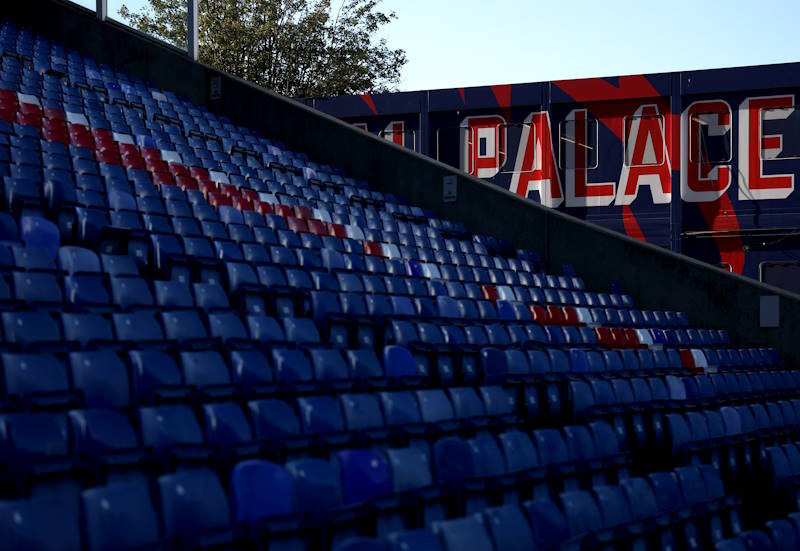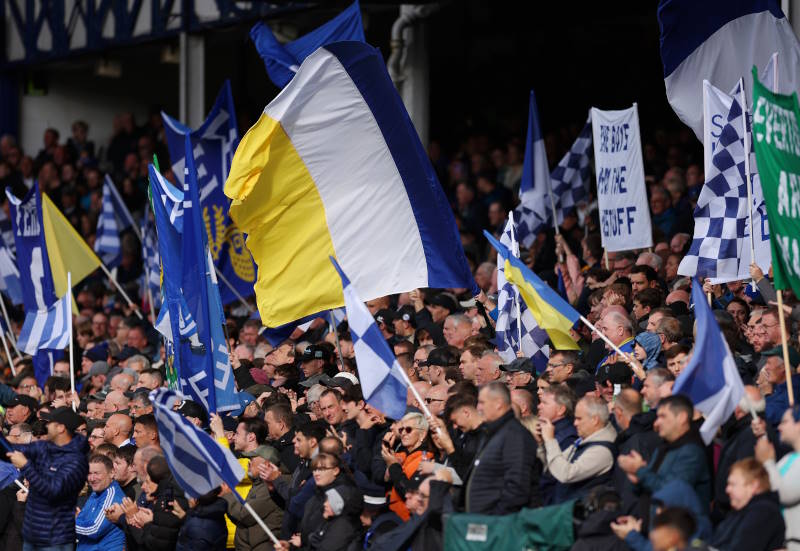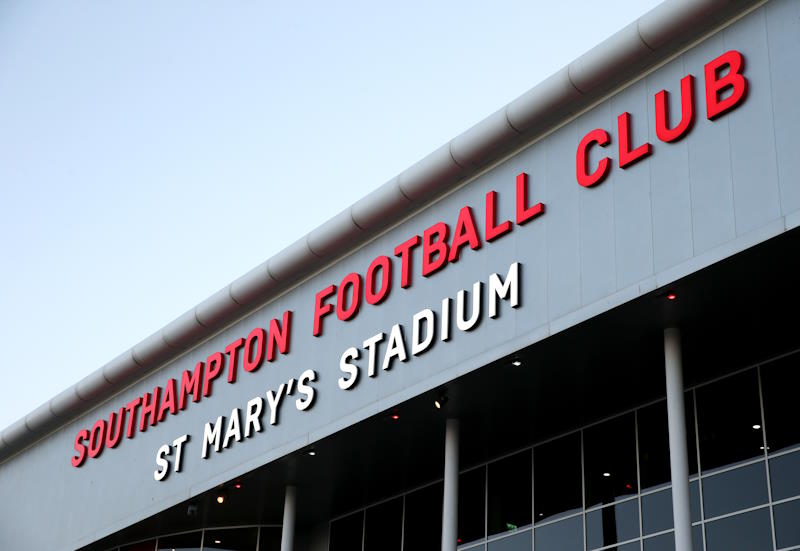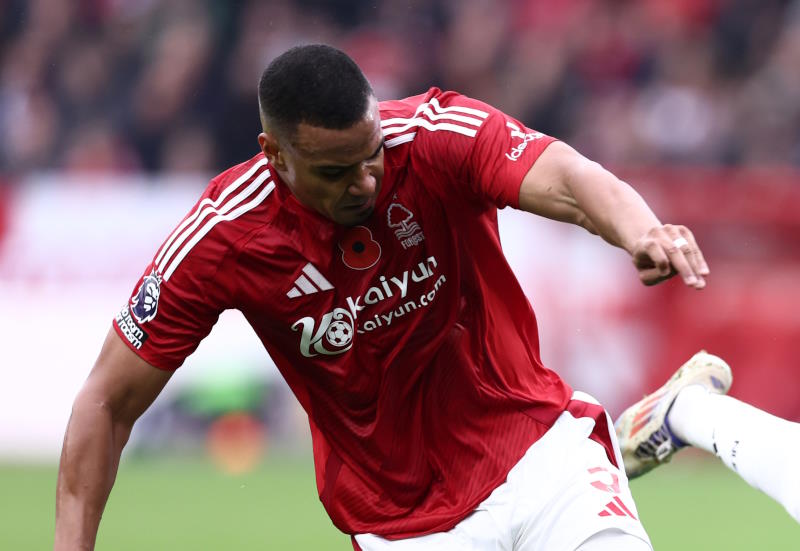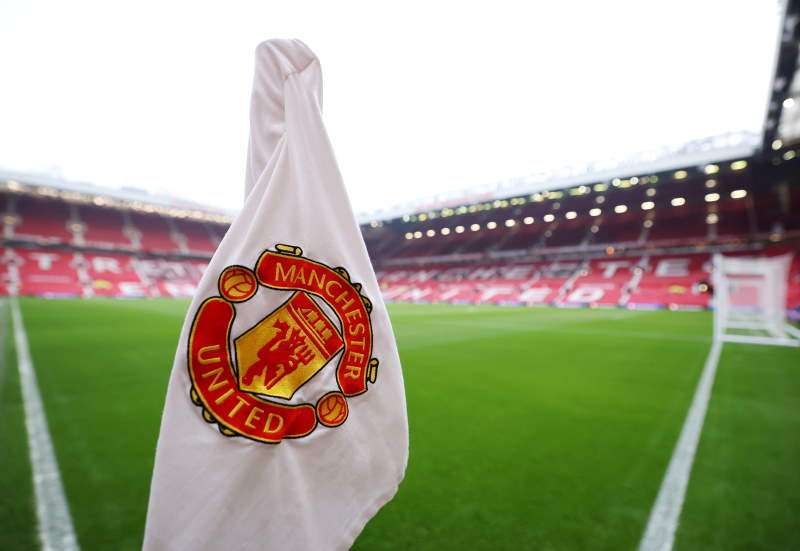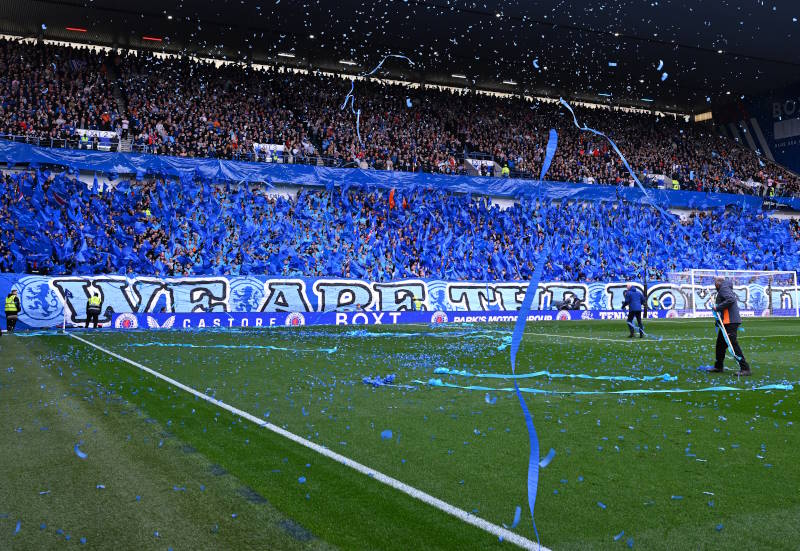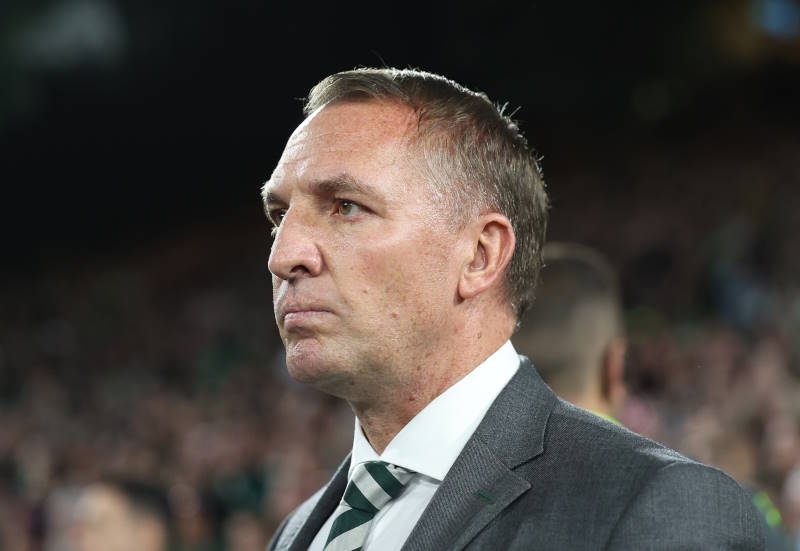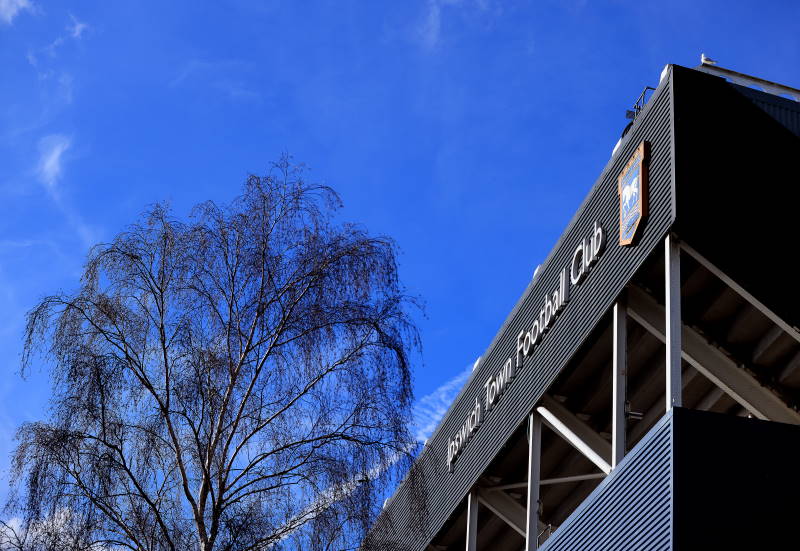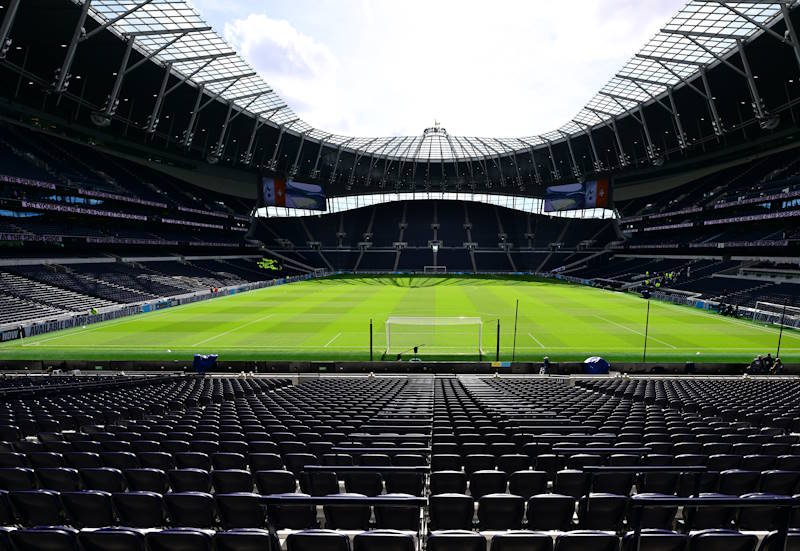
Sometimes you just know you won’t win. After 62 caps, seven goals and countless evenings being baited by his own fans unappreciative of his selfless role, Emile Heskey has decided that now, in the aftermath of England’s worst ever World Cup campaign, is the time to retire.
While this act in itself recognises his waning influence as an enabler of greater talents such as Wayne Rooney and previously Michael Owen, it will hardly be seen as heralding the end of an era. However, there are still several very important ways in which the Aston Villa striker’s departure from the international stage could lead to (significant) improvements for the England side:
1 – Options Other Than 4-4-2 Must Be Considered, Practiced and Implemented
Heskey’s bulk and physical presence was central to much of the argument for supporting the formation England have been wedded to for decades, as his lack of goalscoring threat or wing wizardry would have made it imbalanced and malfunctioning, so now a more fluid 4-3-3, 4-5-1 or 4-2-3-1 can be considered. The latter, which served Germany, Holland and Spain very well in South Africa, would provide a more solid base of two defensive midfielders (to make up for the inadequacies of not having a dedicated one, apart from the perennially injured Owen Hargreaves), and Steven Gerrard could play behind Rooney in much the same way as both are employed for their clubs more often than not, with two genuine wingers – in the form of James Milner and Adam Johnson or Ashley Young, as Aaron Lennon and Theo Walcott’s crossing is still too erratic, with no mention of Shaun Wright-Phillips ever again – to provide width and pace. Rooney will be forced to stay up the pitch, stopping him from dropping too deep for the ball and getting into the same areas as Gerrard, helping the attack. Variations and tweaks can be worked out over what should not be too arduous a qualifying group for Euro 2012, with the cup in Poland and Ukraine viewed in the same manner as Germany in South Africa, as a chance to blood youngsters and shape a style of play to win future tournaments.
2 – Other Strikers Will Have a Chance to Prove Their Worth
Take out Heskey, and behind Rooney up front is (in roughly this order) Jermain Defoe, Peter Crouch, Darren Bent, Gabriel Agbonlahor and Bobby Zamora. Zamora, 29 and off the back of the season of his life when he scored, er, eight league goals, should be lost early on, and Bent has repeatedly failed to prove his worth at international level, but the other three as back up for just one position looks much stronger than it would for two berths, allowing Defoe as a potentially lethal super-sub, Crouch a different option and Agbonlahor as a wildcard to try and train up to the top level (as well as being able to play wide in a front three). With Gerrard to be deputised by either Joe Cole, Milner or Adam Johnson (maybe Jack Wilshere by 2014 when Gerrard will be gone or going) and two wingers flying either side, a striker with a decent goal threat and predatory instincts would be better served than if he were to play off a big man, and should Rooney be injured or have an off-day, the lack of creativity should be compensated by swapping Heskey with a more imaginative player.
3 – An Example/Precedent is Set
While wholescale surgery of the current squad would, considering the paucity of alternatives in many areas, be disastrous, it is clear that a sizeable amount of deadwood needs to be removed, and the majority of these will be players the wrong side of 30, players who should be encouraged to step down voluntarily, with some dignity and for the good of the side, or face inevitable exile. Most of the big names won’t get this, and the world-class talents of Gerrard, Frank Lampard, Rio Ferdinand and Ashley Cole must be retained at all costs, but the old and mediocre likes of Matthew Upson, Michael Carrick, Sean Wright-Phillips and David James should be removed in favour of young talents such as Joe Hart, Gary Cahill, Mark Noble, Jack Rodwell and perhaps one or two more should they develop sufficiently. The humility and acuity of Heskey in seeing he was a problem and solving it without mourning his loss publicly is beyond that of John Terry, who will probably survive his failing form and moronic coup attempt because of Ferdinand’s worsening fitness record, but should Cahill, Rodwell and the like improve dramatically the former captain could be one of those shoved aside unceremoniously.
4 – A Greater Emphasis on Technique
Having a player who cannot pass very well, cannot score much, but can put his weight around, flick on a desperate long ball when things are going wrong and bully the odd overly-cultured defender is simply no longer a viable plan, and with Spain’s patient football of strangulation and possession, a more technical route up front is needed. While it may be too much to follow in such artisan footsteps as the Spanish, the direct attacking and tactical nous displayed by the vibrant Germans is more easy to copy and utilise in a team as high on fitness and energy as England. Provided the defence and pressing in midfield does not have another Bloemfontein-style implosion and provides a solid base for rapier attacks, the German approach – itself based on Premier League football – should bring more joy.
5 – Calm Down the Mutinous Camp
This isn’t because Heskey was an unpopular or troublesome member of the squad, in fact because he was the opposite: he was too soft and too easy a target for other players to vent their frustrations on, the man who Terry would have dropped for his Chelsea team-mate Joe Cole, the man players allegedly wanted to see displaced to bring in a 4-5-1. Without Heskey, the evolution from the rigid and limp 4-4-2 should be accelerated, and with Fabio Capello not losing face by being seen to bend to vocal dissenters’ will. Capello should, with a tactical reshuffle and a few firings in the squad, be able to restore his authority, to realign his considerable strategic powers and, maybe, rediscover his attacking verve (see his Roma side or the 1994 Champions’ League final, where his incomparable Milan thrashed Cruyff’s proto-Spain Barcelona 4-0).
It’s unlikely that should England suddenly triumph at 2012 or 2014 that anyone would care to mention Heskey’s retirement as a factor in allowing England to rebuild, not least the man himself, but his wise decision to fall on his sword after years of distinguished service may be an early step to recovery. Should the three lions roar once again or be as tame as they were in his last match against Germany last month, he will be largely scorned, despite his loyal and tireless efforts in a team of prima-donnas and egos. Sometimes you just know you won’t win.



